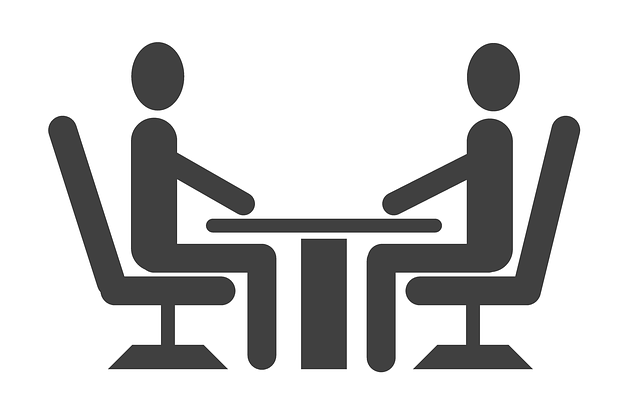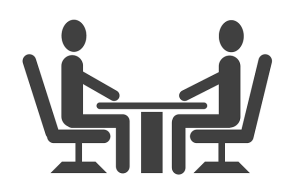Content writing is one of the best assets companies invest in today to appear as market leaders and make a strong online presence.
So many content writers are available in the market, so companies often look for experienced writers so that they don’t have to worry about the job being done.
Because freshers are seen as beginners, they often create a mess at work in content writing.
No matter how skilled or how many projects you have worked on in your freelance writing, everything seems different regarding full-time in-house writing.
When I switched from freelancer to full-time content writer, I messed up in my first 5-10 days, and thanks to my seniors, I got honest feedback and suggestions to improve my writing and get motivated to write full-time.
I have completed 2.5 years as a full-time content writer, and I have a total experience of 3.5 years in content writing 1 year as a freelance content writer, and 2.5 years as a full-time content writer.
However, if you have the skill and passion for writing, you can become a great writer and make it big by giving 100% in everything you do.
It is not that difficult to get a job and crack an interview as a fresher in content writing because they already know you’re fresher and what they can expect from you.
Here in this article, I will show you how you can crack an interview as a content writer and what questions they will ask you.
Let’s begin…
As a fresher, you have to create your blog portfolio or personal blog to showcase your writing style to your clients and interviewer, so you have to create a good portfolio to manage your data as a content writer.
To better understand your portfolio, you can check out portfolio examples of other writers.
Attach your best writing piece links to your portfolio and make your portfolio appear the most attractive in your industry.
How to Crack an Interview as a Content writer:
Research about the Company
Prepare a Portfolio
Don’t hesitate to ask the interviewer Question
Show Proper Gesture
Dress Professionally
Be Ready for Written Test
The “Elevator Pitch”
Research about the Company:
Study the company’s website thoroughly before your interview to show that you’ve done your homework, which has a wealth of information about the company’s projects, forthcoming events, work culture, etc.
So, visit the sites of the businesses you want to work for. Meanwhile, you can answer inquiries like “how many people work for this company?” “what are they working on?”
Prepare a Portfolio:
It’s smart to put together a portfolio because it shows initiative and makes a good impression on potential employers. The interviewer can also see examples of your work. A writing sample is something that every modern employer requires.
An employer can tell if you’re qualified for a writing position by reading a sample of your work.
A large portfolio can showcase your best work and the variety of relevant work.
Don’t hesitate to ask the interviewer the following Question:
When questioned during the interview, “Why did you choose us?” Would you like to ask me a question? That means he will cut you off midway through the interview, but you won’t skip out on him without responding satisfactorily to the Question he asked.
Don’t ask anything that would make your interviewer uncomfortable; doing so could mean losing the job to someone more qualified.
When meeting with the potential employer, feel free to ask the following questions.
Do you provide training for your new writer?
Who is the ideal client for your business?
What did you work on most recently?
I was hoping you might have some insight into your approach to management that you might share.
Show Proper Gesture:
The significance of the gesture during the interview cannot be overstated. Confidence is communicated through direct eye contact, firm handshakes, and articulate speech. If you communicate well, it will come to the employer that self-assurance and competence are your strong suit.
Your chances of getting hired will improve, and you’ll make a good impression on the employer if you maintain a positive outlook. Consequently, you should start working on your gesture alongside your communication skills.
Dress Professionally:
You show up for a job interview looking unprofessional with some tang tops or other casual attire. Putting together a good first impression with the recruiter requires dressing for success in the professional world.
Maintaining a neat appearance is also important. Attend to such details before confronting the panel.
It would be best if you kept your fingernails short.
It is imperative that you clean and press your garments.
You should also take care to maintain a pleasant aroma and a tidy appearance.
You should also follow the precautions as mentioned earlier and dress appropriately for a video conference interview.
Be Ready for the Written Test:
The interviewer may ask you to write about various technical and topical issues during the interview. This examination aims to give the prospective employer an idea of your level of knowledge and suitability for the job.
After reading your material, an employer can determine if you are the ideal candidate for a position. Your writing abilities (such as grammar, sentence construction, search skills, etc.) will be evaluated by taking this test.
Questions about grammar or other aspects of programming may come up. In light of this, it is recommended to acquire a fundamental understanding of Skills in a programming language, such as Java or C#, and capability with programming languages for creating websites, such as HTML and CSS, required.
The Elevator Pitch:
Whether you’re going in for a job interview as a content writer or in a different field, you should always have an “elevator pitch” ready to give. Every single prospective candidate ought to do it. Your “elevator pitch” should briefly summarise your experience and qualifications as a writer, and it should focus on getting you hired.
Therefore, to describe that to a potential employer, you should prepare that line well and rehearse it properly. This is a great way to introduce yourself to a potential employer.


